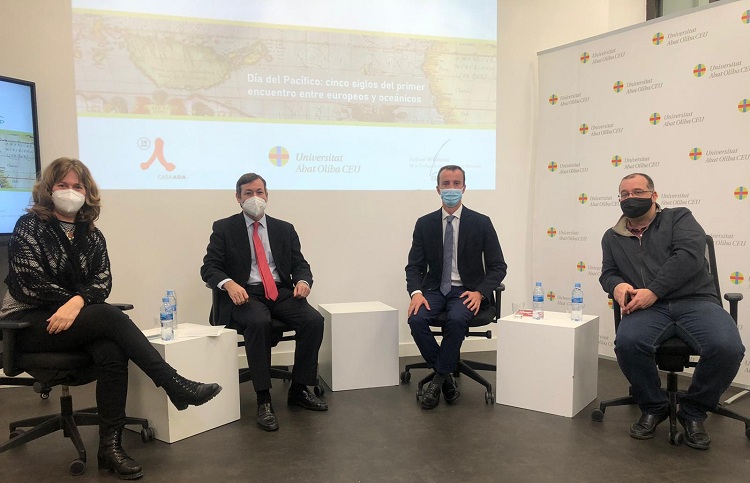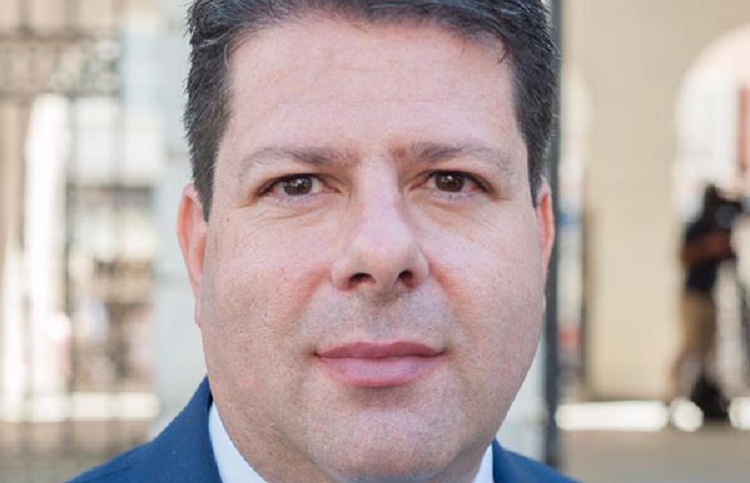The Diplomat
The director general of Casa Asia, Javier Parrondo, stated during a colloquium held jointly in Barcelona with the Spanish Association of Pacific Studies and the Universitat Abat Oliba CEU, that the establishment of the Spanish in the Pacific “is the seed of the global world we are currently living in”.
The colloquium took place this week, on 6 March, the 500th anniversary of the arrival of the Magellan-Elcano expedition to the current territory of the island of Guam, in what is considered to be the first documented contact between Europeans and Pacific islanders.
In his speech, Parrondo argued that the presence in the Philippines and the establishment of the “tornaviaje” through the Manila galleon laid the foundations for a market that connected Asia, America and Europe. México City, he said, can be considered “the first global city”, as it received goods arriving from Asia via the Pacific and shipped them to European ports.
Parrondo pointed out that this historical reality still carries weight in the Spanish identity, which is why he considers it important to vindicate Spain’s “Asianness”. The Spanish past in Asia “is constant”, and Asia “plays a very important role in Spain’s political evolution”, he said. “This is a reality that should be borne in mind in the current times, in which the centre of gravity of power is shifting towards the Indo-Pacific area”, he warned.
Xavier Baró, historian and lecturer at the Universitat Internacional de Catalunya (UIC), said that the Hispanic monarchy underwent a profound transformation in just a few generations that made it global: “The world became small and large at the same time”.
In turn, the archaeologist and professor at the Universitat Pompeu Fabra (UPF) Sandra Montón considered that “the expansion of the Iberian monarchies is a movement only comparable to the first population of the planet by Homo sapiens”.
The colloquium was led by the rector of the UAO CEU and president of the Spanish Association of Pacific Studies, Rafael Rodríguez-Ponga, author of numerous linguistic studies on the relationship between Spanish and Chamorro (language of the Marianas). Rodríguez-Ponga stressed the legacy of this historical event, pointing out in his presentation that “to a large extent, we are what we are because it happened”.
The colloquium, held under the title ‘Pacific Day: five centuries after the first meeting between Europeans and Oceanians’, is the first meeting of a series organised by Casa Asia on different milestones of Elcano’s voyage.







